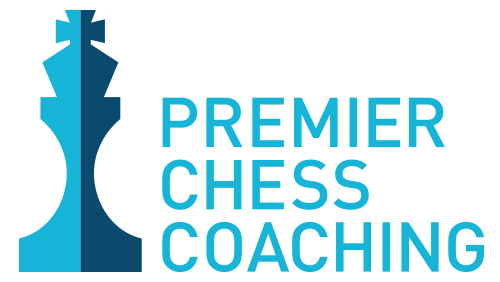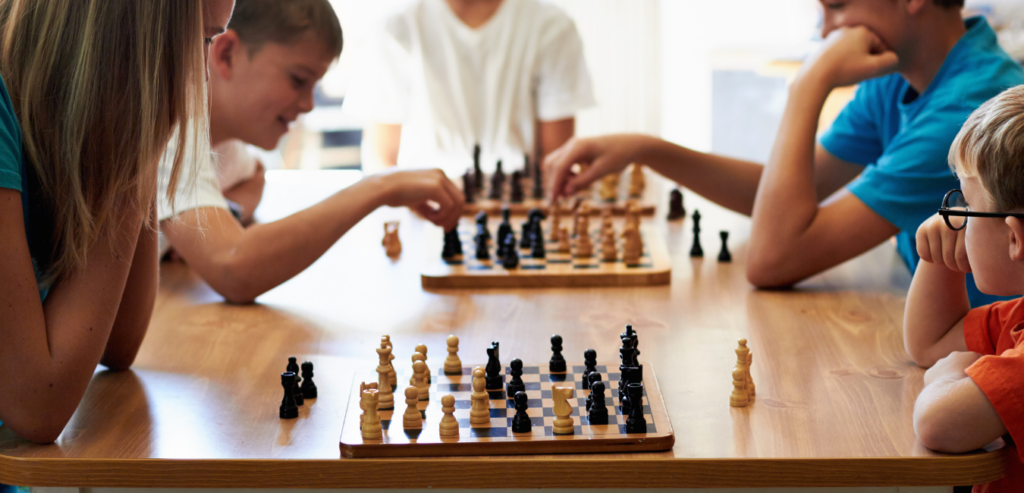When we talk about academic excellence, we no longer speak only about grades. In the world of education, skills such as leadership, accountability, and collaboration are pivotal for personal growth and professional achievement. One of the benefits of chess is its ability to nurture these critical competencies among students. Let’s delve into how the strategic play of chess can significantly contribute to shaping these essential skills in young individuals.
Nurturing Leadership Attributes
Chess demands strategic thinking and the anticipation of the adversary’s moves, laying the groundwork for developing leadership capabilities. Engaging in chess allows students to exercise initiative—a cornerstone of leadership—as they strategize and make decisions on the board. Such decision-making mirrors the essence of leadership: understanding and leveraging the strengths and weaknesses of various positions. Moreover, experienced players often assume mentorship roles, further honing their leadership abilities through guidance and instruction.
Encouraging Responsibility and Self-Reflection
Each decision in chess leads to a consequence, teaching players the value of contemplation prior to action. This immediate cause-and-effect relationship emphasizes the concept of responsibility. Learners come to realize that their choices (moves) directly affect the outcome (game status), instilling a sense of accountability for their actions. Chess cultivates personal responsibility, as players learn that the consequences of their moves cannot be attributed to others. This grasp of causality and the embracement of personal accountability are vital for responsible conduct in everyday life.
Promoting Teamwork and Collective Effort
Though chess might appear to be a solitary endeavor, the integration of chess clubs and teams within educational institutions imbues it with a social dimension. Participants collaborate, exchange tactical insights, and bolster one another during practice sessions and competitive events. This group dynamic promotes teamwork, as chess club or team members rejoice in their shared triumphs and draw lessons from defeats. Through such interactions, students appreciate the essence of supporting their companions, aiming toward a communal objective, and recognizing the significance of each person’s contribution to the team’s success. Team events further underscore the importance of valuing diverse viewpoints, as deliberating over a range of strategies can culminate in superior collective decisions.
Chess: A Life Skills Laboratory
The chessboard serves as a miniature representation of life’s vast challenges, illustrating that success often stems from thoughtful, strategic navigation through these hurdles. The development of leadership, responsibility, and teamwork via chess transcends mere game-winning; it equips students with the intricate realities of life. In chess, just as in life, these competencies are interconnected, reinforcing each other to mold individuals who are capable of insightful leadership, conscientious decision-making, and effective teamwork.
Conclusion
Incorporating chess into educational frameworks presents a distinctive and potent avenue for the cultivation of vital life skills among students. Beyond its intellectual merits, chess offers a practical platform for learners to refine and apply qualities such as leadership, accountability, and collaboration. As students master the complexities of the chessboard, they concurrently learn to navigate life’s complexities with assurance and proficiency adeptly. Educators and institutions aiming to prepare students not solely for academic achievements but as competent, responsible members of society should recognize the profound benefits chess contributes to personal and communal development.


